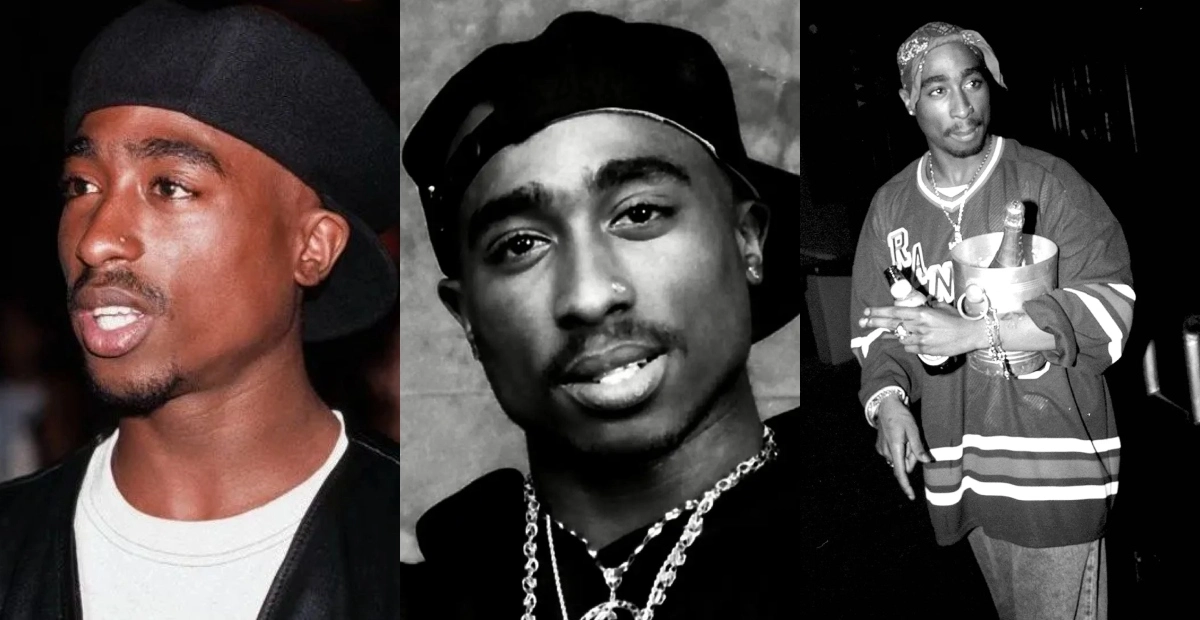The government is set to introduce additional taxation measures aimed at funding Universal Health Coverage. The proposed Social Health Insurance Bill (SHIF), 2023 is poised to replace the National Hospital Insurance Fund (NHIF) and bring significant changes to the country’s healthcare financing system for Kenyans.
Under the SHIF, the government plans to deduct 2.75 percent of the gross salary from the over 3 million employed Kenyans.
Read also: Who Owns Kenya: The Man Controlling Kenya’s Sugar Market
The minimum contribution will be capped at Ksh. 300, with no maximum contribution limit.
President William Ruto defended this approach, saying, “We are changing the funding system so that we can allow the vulnerable to access NHIF free of charge and those who are in the lower category to pay less and those who earn more like me to pay more.”
![President William Ruto [Photo/File]](https://news.switchtv.ke/wp-content/uploads/2023/09/a080ca7fa6074d46bd0aa9665840cd67.webp)
The government argues that the current flat contribution rate of Ksh. 1,700 per salaried Kenyan is unfair and disproportionately favors higher-income earners. This new funding structure seeks to create a more equitable healthcare financing system.
The Social Health Insurance Bill, 2023 extends the liability to contribute not only to employed individuals but also to every household, non-Kenyan residents residing in Kenya for over a year, the national government, county governments, and other employers.
For households with income not derived from employment, the annual contribution will be determined by a socio-economic assessment conducted by community health workers.
![File Image of KENYANS-WALKING on the streets of Nairobi [Photo/Courtesy]](https://news.switchtv.ke/wp-content/uploads/2023/09/Qtzk9kpTURBXy80MTJlZjEzYmVmNGQ1MThkNzhlZTFiOWUwNmNkNmM0MC5qcGeSlQMEAM0Cbs0BXpMFzQMWzQGu3gABoTAF.webp)
To address the needs of those classified as needy, the government has allocated Ksh. 26 billion to ensure their coverage under the new system.
President Ruto emphasized, “We are making changes so that healthcare in Kenya becomes the right of every Kenyan who requires medical care, not just a privilege of the few who can afford it.”
The proposed Bill also introduces the Chronic and Critical Illness and Emergency Fund, which will be publicly funded which aims to cover the management of chronic illnesses such as diabetes, hypertension, and cancer, along with emergency medical treatment.
Another complementary piece of legislation, the Primary Health Care Bill, 2023, is set to establish a framework for the delivery and access to primary health care.
![President Ruto Addressing the Parliament. [Photo/File]](https://news.switchtv.ke/wp-content/uploads/2022/10/VET.jpeg)
This initiative will see the hiring of 100,000 community health promoters who will serve as the first point of contact for patients and aid in early disease detection.
President Ruto expressed the importance of equipping community health promoters, saying, “We are going to equip our community health promoters with the necessary equipment so that they can help us identify diseases early, and we can address them promptly to avoid excessive medical expenses.”
Read also: Wandayi: DCI Should Investigate Waiguru over Kirinyaga Women Rep’s Attack
This bill aims to improve service delivery at the primary healthcare level, including dispensaries and health centers, which will be funded by the government through the exchequer.
These proposed Bills are set to be tabled in Parliament for consideration, but they have already ignited a heated debate among the public.
Subscribe to Switch TV
While some applaud the government’s efforts to make healthcare more accessible and equitable, others express concerns about the impact of additional deductions on their finances.




























